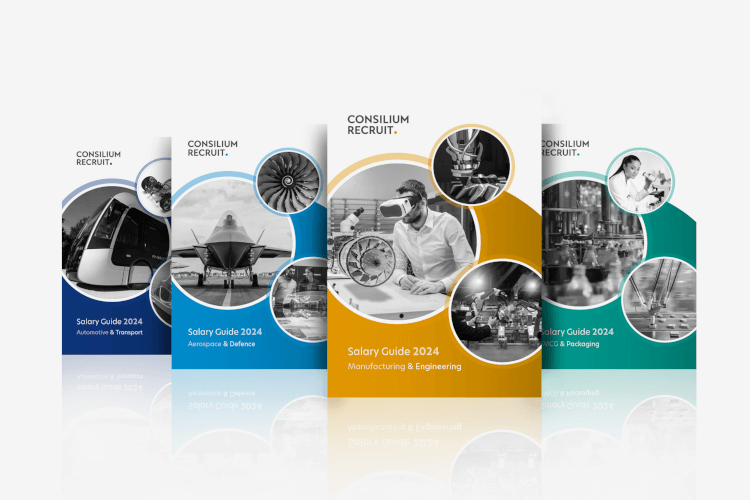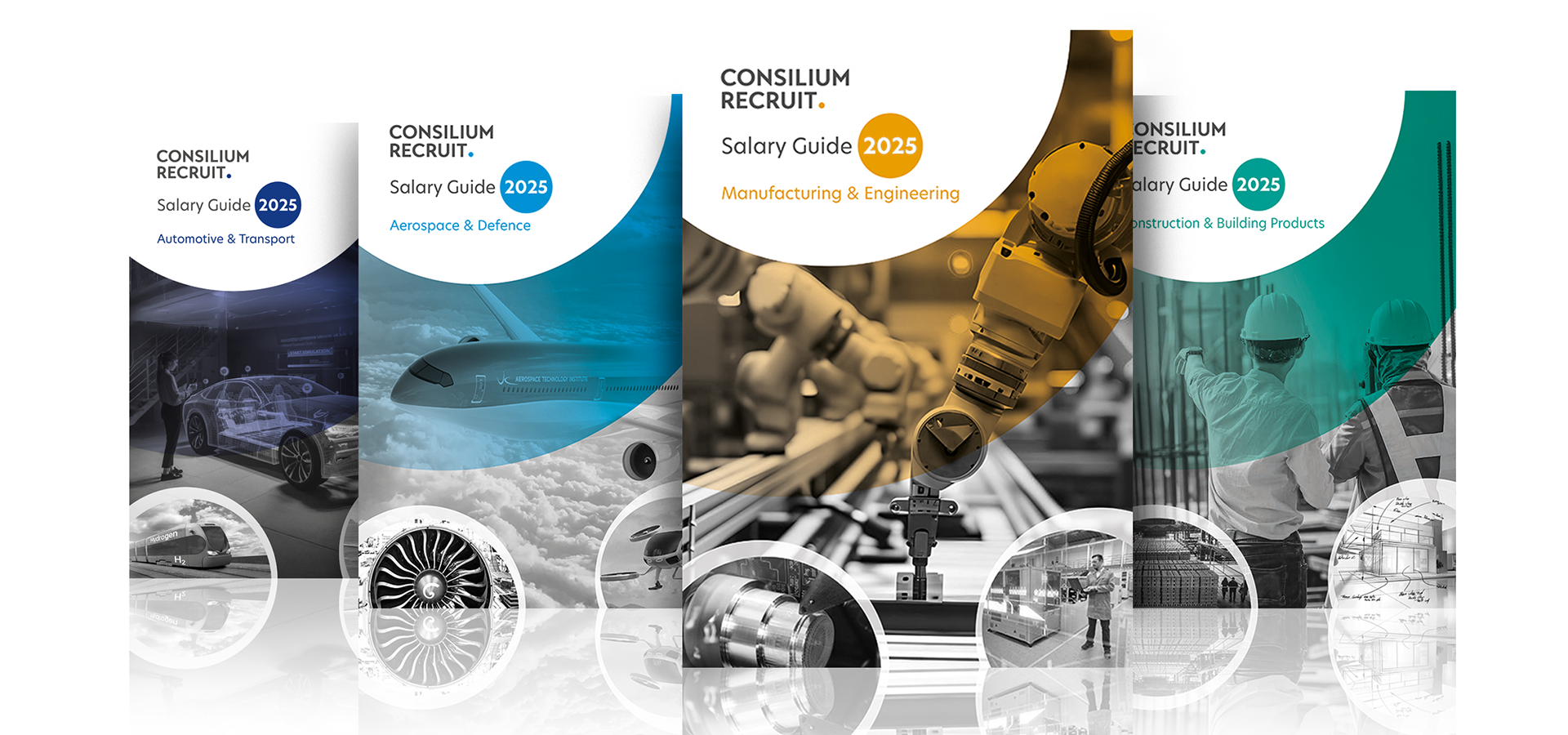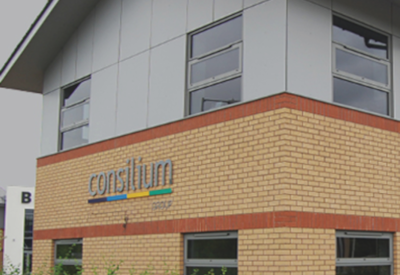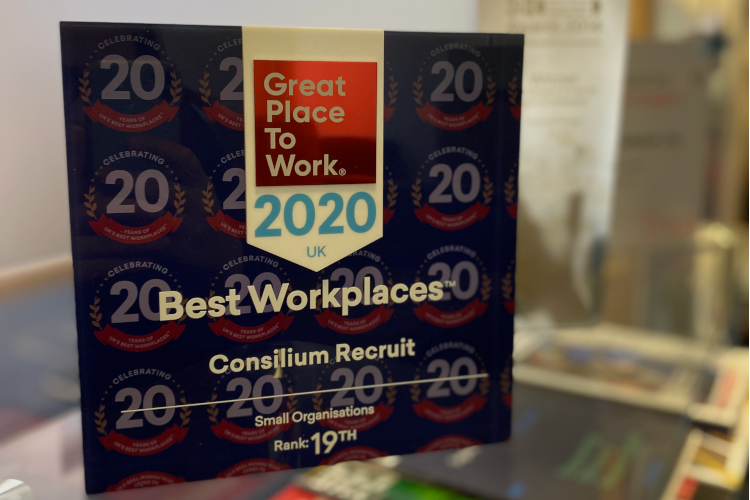Consilium goes back to school
Stability, flexibility, responsibility, taking action – these words crop up again and again in discussions of the skills crisis in aerospace and how to fix it.
James Charlett, business manager at Consilium Recruit, fixing the skills shortage is not a new story but no-one has taken a lead on it.
Although more apprentices and graduates are being hired, it remains “quite apparent” that the industry is still not doing “anywhere near enough” to meet the projected shortfall. At what point does the shortage become a crisis? Charlett believes it already has. “We know a huge number of companies with multiple vacancies – big well-recognised organisations that can normally attract people are unable to fill important roles.”
Aerospace competes with automotive, nuclear, renewable energy and rail technology, among others, for the same talented people. Rather than competing, sectors should be working together for a long-term solution, he said. “Aerospace should be able to look at what other sectors are doing and use the ideas that are proving useful to them.”
Instead, he said, he sees “a lot of industrial partnerships acting in their best interests, as opposed to the industry’s best interests”. It’s important the skills shortage is not viewed as a recruitment problem, said Charlett.
That point of view is reinforced by his colleague, Steve Doyle, in his work as a STEM ambassador – one of more than 30,000 volunteers in the programme. Doyle regularly visits schools in the Midlands area to introduce engineering to children aged seven to 16. His most popular prop is a video of the flying car being developed by AeroMobil in Bratislava, Slovakia. “You should see the children’s faces,” he said. “By the end of the class, a majority always want to be engineers.”
Doyle is passionate about opening the eyes of children to the possibilities in engineering. “In effect, we’re going down the skills supply chain,” he said. From the perspective of recruitment, “we’ve seen [the skills shortage] coming for a long time. It’s limiting businesses; you can’t grow if you can’t recruit.” Charlett added: “One of the reasons the UK is No 1 in aerospace in Europe is we have the best people; the best minds. People around the world see us as innovators. They will continue to come to the UK no matter what if we have leading technology. If we take our eye off this, it will be our downfall.”











